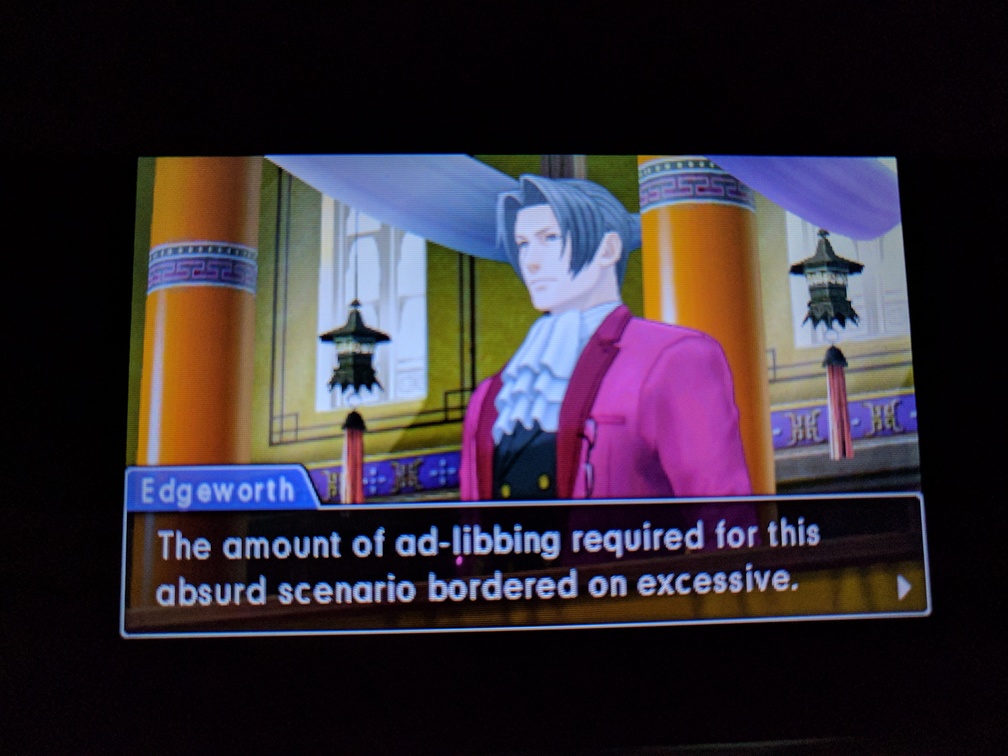Yucky-Flaily
Controls that infuriatingly refuse precision. Platforming gauntlets that demand perfection, and force repetitive retry after retry. Hidden abilities that are necessary to proceed in the game (apparently the cloaking ability can also reflect light beams? what the fuck?). Yooka-Laylee has all the hallmarks of a game that doesn't respect your time.
Games could get away with this in bygone eras, because there weren't many other games to play. What else were you going to do -- go play outside? But in an age where everyone's Steam library has an insufferable backlog, developers must realize that there is no shortage of competition, and people won't just keep suffering through your awkward, tedious game.
Yooka-Laylee isn't all bad. But even at its best, exploring its worlds and solving its puzzles just feels ... stale. If you've played 3D character platformers before, Yooka-Laylee doesn't really offer anything new or interesting.
I think it's pretty telling that Playtonic didn't notice its own game's glaring, archaic issues until three weeks after release (April 11 -> May 2). As much as I would like to believe in time travel -- I've come to the simpler and sadder conclusion that Playtonic's designers played and replayed the old Banjo games so thoroughly, that they merely lost perspective of the industry's last fifteen years.
Anyway, having visited all five book-worlds and attained all of Yooka and Laylee's abilities (including the gameplay-trivializing ability to fly) - and still being under halfway to unlocking the final boss area (100 pagies!) - I've got no reservations against calling it quits.
Better than: Bear Simulator
Not as good as: Super Mario 3D World
With apologies to Grant Kirkhope: this game's soundtrack isn't good, either. Nostalgia doesn't make these short, repetitive melodies any better.
Progress: 48 pagies
